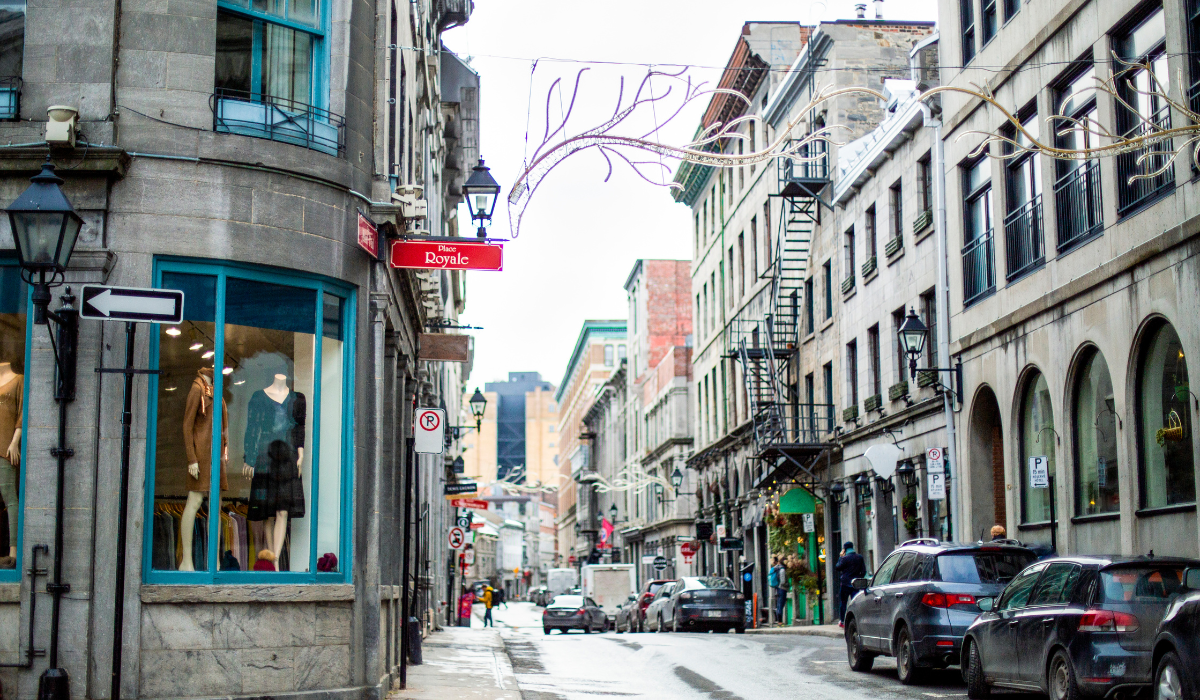In Montréal, the cultural heart of Quebec, nearly half of the province’s professional artists reside and create, contributing significantly to the city’s vibrant arts scene. However, a new study reveals a stark contrast in their economic well-being compared to other local workers.
According to the latest statistical profile released by the Conseil des arts de Montréal and conducted by Hill Strategies, about 48% of Quebec’s professional artists, or 20,900 individuals, are based in Montréal. Yet, these artists face a challenging financial reality, earning a median employment income of $17,400 in 2020, significantly below the median income of $35,600 for other workers on the island.
The findings, derived from data collected in the last federal census in 2021, also show that professional artists make up 1.8% of Montréal’s workforce, a figure notably higher than the averages in Quebec (0.9%) and across Canada (1.0%). Furthermore, the broader arts, culture, and heritage sector employs 91,000 individuals or 8% of the city’s workforce, doubling the provincial and national averages.
Nathalie Maillé, Executive Director of the Conseil des arts de Montréal, emphasized the city’s unique position in the arts community. “Montréal stands out by the number of artists who choose to live and create here,” she stated. “However, despite the city’s rich creative output, artists continue to live under precarious conditions.”
The report highlights the need for increased support for artists, pointing out that when other sources of income are considered, the median personal income of artists rises to $35,600—still 21% less than the overall Montréal workforce. It also notes that more than 60% of professional artists are independent workers, a rate five times higher than that for all other city workers.
Educational attainment among artists is higher, with 55% holding a bachelor’s degree or above, compared to 44% of all other workers in Montréal. However, diversity within the arts community appears lacking, with only 15% of artists coming from racialized groups, compared to 37% of the general working population.
The study, spearheaded by Kelly Hill of Hill Strategies, emphasizes median income to provide a clearer picture of artists’ financial situations, acknowledging that the 2020 figures were likely impacted by pandemic-related lockdowns and a decrease in artistic activities.
The Conseil des arts de Montréal, established in 1956, continues its mission to support artistic innovation and expression in Montréal, aiming to bolster the city’s recognition as a leading cultural metropolis both locally and internationally.





